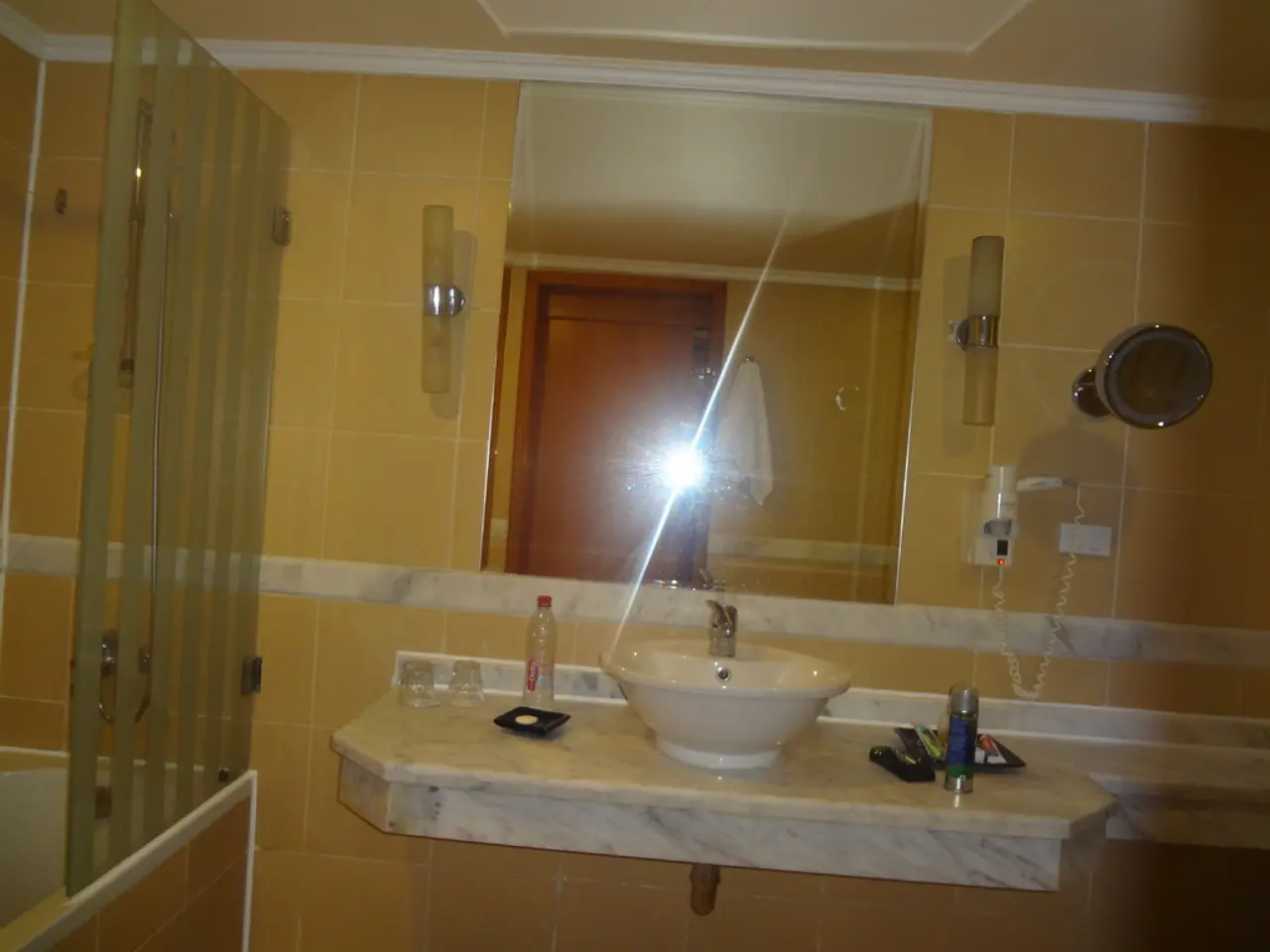Optical fiber expansion dispute concludes with Netzagentur shutting it down
In a significant regulatory shift, the Federal Network Agency (Bundesnetzagentur) has announced the discontinuation of its dedicated monitoring unit for duplicate fiber-optic expansion. This decision comes after an investigation found that allegations of overbuilding—where multiple operators lay fiber cables in the same areas—were largely unsubstantiated.
The agency's final report, published recently, indicated that serious allegations of overbuilding did not hold up against factual scrutiny. As a result, the monitoring service will be discontinued as of late July 2025.
Companies can still file complaints about fiber-optic overbuilding, but these claims must now be supported with concrete evidence, not just assertions. This change was welcomed by Deutsche Telekom, which described the previous overbuilding debate as a "pseudo-debate" that distracted from more critical issues like speeding up approval processes and expanding fiber connections directly to homes.
The discontinuation of the monitoring unit marks a shift in the competitive landscape of Germany's fiber-optic industry. Instead of focusing on disputes over overlapping fiber infrastructure, the industry will now focus more on enhancing rollout efficiency and coverage quality. While monitoring for duplicate fiber lines ceases, competition will now rely more on verifiable complaints and regulatory decisions rather than continuous oversight, potentially reducing bureaucratic hurdles but also requiring stronger proof in competitive challenges.
However, not everyone is pleased with this change. Critics argue that Deutsche Telekom is deliberately using its market position to undermine the business models of its competitors and secure market share by overbuilding. Industry associations, such as Breko and VATM, representing Telekom's competitors, have criticized the Federal Network Agency's investigation for not taking effective measures against alleged overbuilding by Deutsche Telekom.
Despite these criticisms, the final report of the Federal Network Agency confirms Deutsche Telekom's position that there has been misinformation about the topic of overbuild. The dispute over the expansion of fiber-optic networks in Germany revolves around the practice known as "overbuild," where several network operators lay fiber-optic networks or announce their expansion in the same areas.
In the meantime, companies can still file complaints about potential overbuilds with Decision Chamber 3 of the Federal Network Agency. The agency has stated that cases of possible "empty" expansion announcements were "very rare." The operation of the monitoring unit will be discontinued, but the agency remains committed to ensuring fair competition and a swift, nationwide fiber-optic expansion.
Sources:
- Bundesnetzagentur (2022). Final Report on the Monitoring Unit for Duplicate Fiber-Optic Expansion. Retrieved from https://www.bundesnetzagentur.de/EN/Topics/NetworkExpansion/Monitoring/monitoring_node.html
- Deutsche Telekom (2022). Statement on the Discontinuation of the Monitoring Unit for Duplicate Fiber-Optic Expansion. Retrieved from https://www.telekom.com/en/company/media/press/2022/discontinuation-of-monitoring-unit-for-duplicate-fiber-optic-expansion
Technology continues to play a pivotal role in the fiber-optic industry, as the discontinuation of the monitoring unit signifies a shift towards enhancing rollout efficiency and coverage quality. The industry now focuses more on verifiable complaints and regulatory decisions, reducing bureaucratic hurdles but requiring stronger proof in competitive challenges, all facilitated by modern technology.
Critics, however, argue that certain powerful companies may use their market positions to sabotage competitors through overbuilding, an allegation that technology could potentially help substantiate or disprove if concrete evidence is gathered and presented.




